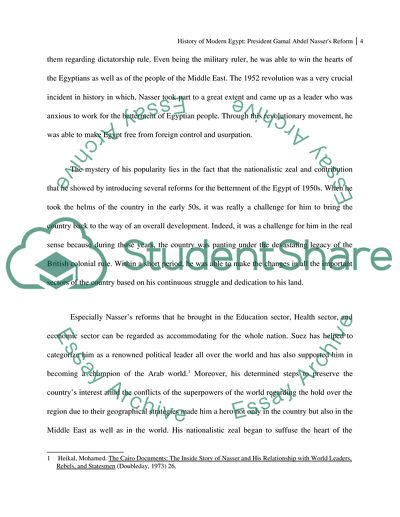Cite this document
(“President Gamal Abdel Nasser's Reform in Egypt Research Paper”, n.d.)
President Gamal Abdel Nasser's Reform in Egypt Research Paper. Retrieved from https://studentshare.org/history/1723690-president-gamal-abdelnassers-reform-in-egypt
President Gamal Abdel Nasser's Reform in Egypt Research Paper. Retrieved from https://studentshare.org/history/1723690-president-gamal-abdelnassers-reform-in-egypt
(President Gamal Abdel Nasser'S Reform in Egypt Research Paper)
President Gamal Abdel Nasser'S Reform in Egypt Research Paper. https://studentshare.org/history/1723690-president-gamal-abdelnassers-reform-in-egypt.
President Gamal Abdel Nasser'S Reform in Egypt Research Paper. https://studentshare.org/history/1723690-president-gamal-abdelnassers-reform-in-egypt.
“President Gamal Abdel Nasser'S Reform in Egypt Research Paper”, n.d. https://studentshare.org/history/1723690-president-gamal-abdelnassers-reform-in-egypt.


